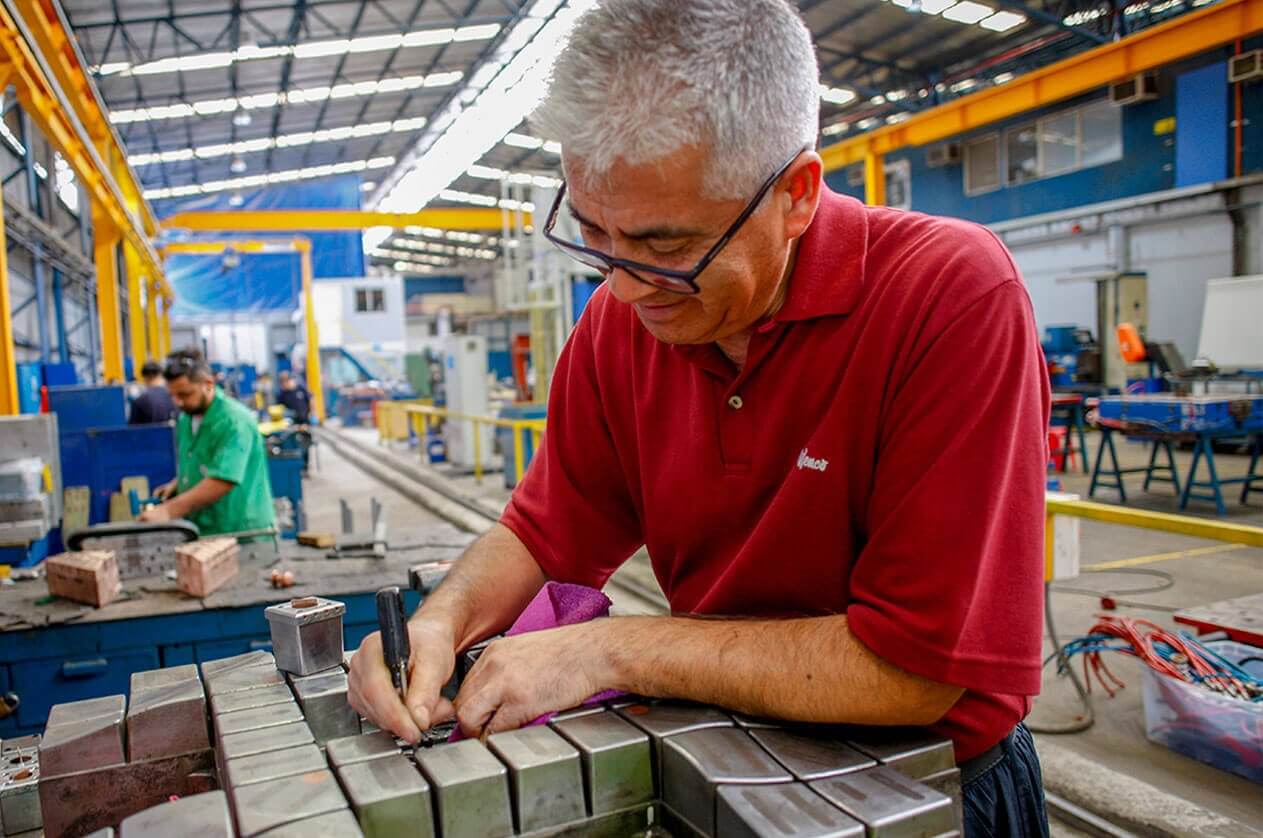
Every plastic object that is manufactured requires a mold or a die to shape the polymers used in its production. Without a mold or die there can be no crates, drums, or shampoo containers.
Across all the Wenco companies there are about 1,300 molds in active use. The molds are made of duralumin, high quality steel, or beryllium copper, and have complex circuits used to, among other things, circulate the resin in a liquid state and cool it once it has taken the shape of the mold.
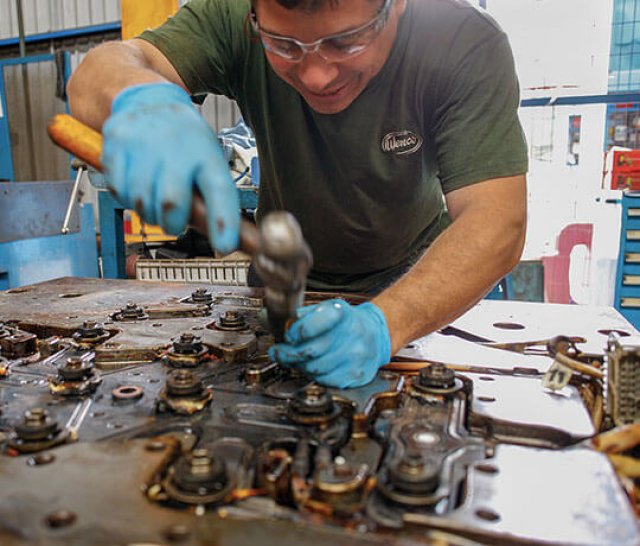
Depending on the type of object to be produced, a mold can weigh anywhere from 800 kilos -if, for example, it is being used to shape a glass- to 80 tons, which is how much the molds that give shape to the bins weigh. The mold maintenance and handling shop oversees the operation of all of these molds.
When Wenco began production in 1954, most of the molds were made in-house and the die and mold shop was in charge of product development. Today the molds are designed by the engineering department and then built mostly in China or Italy. The mold maintenance and handling shop is responsible for receiving each new mold, mounting it on its respective machine, testing it, and then maintaining, repairing and adjusting it on an ongoing basis. In addition, the personnel are also responsible for mold changes, which tend to be frequent.

In order to handle all of this, Wenco has the largest and most modern mold maintenance and handling facility in Chile, and employs highly specialized personnel. Their work requires knowledge of materials, deep experience, and the kind of attention to detail typical of a craftsman, as their area of expertise involves precision mechanics. The difference between the failure or perfection of a final product can depend on tolerances of hundredths of a millimeter in a mold, because such tiny spaces are enough to allow the plastic to escape from the mold. Simultaneously, the personnel must work against time, “like in the Formula One pits”, in the words of shop chief Jaime Pozo, as an unexpectedly interrupted mold can lead to economic losses or the delay of committed deliveries.
In 2020, to handle its Peruvian subsidiaries, Wenco will finish installing a mold maintenance and handling shop similar to the one in Chile. Colombia will continue to work with external mold maintenance shops until the scale of operations there warrant installing its own facilities.
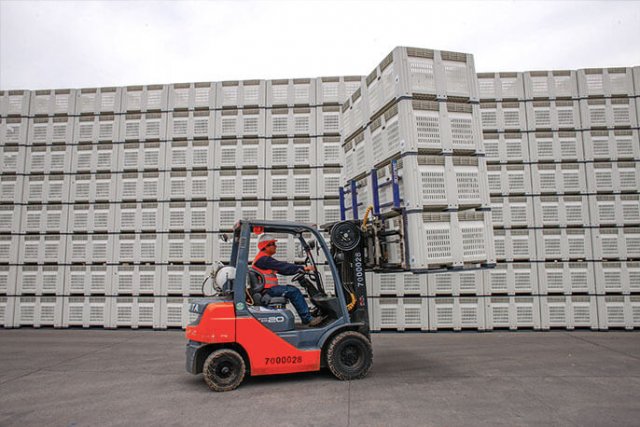
In 1997 Wenco developed a bin that had a standard exterior size but which had 8% more interior capacity.
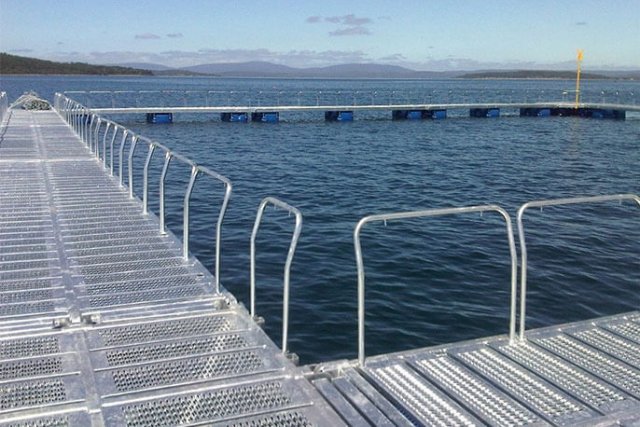
Wenco was a market pioneer in introducing blow molded pontoon platform floats that did not have to be filled with expanded polystyrene.
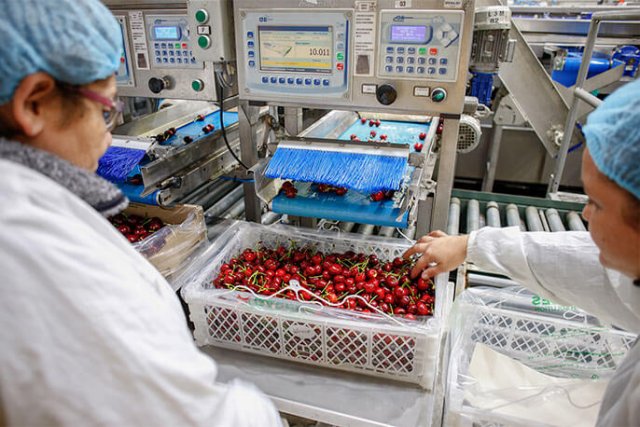
The Xpo crate was created for the fresh fruit export industry in order to offer a better performing alternative to traditional crates.